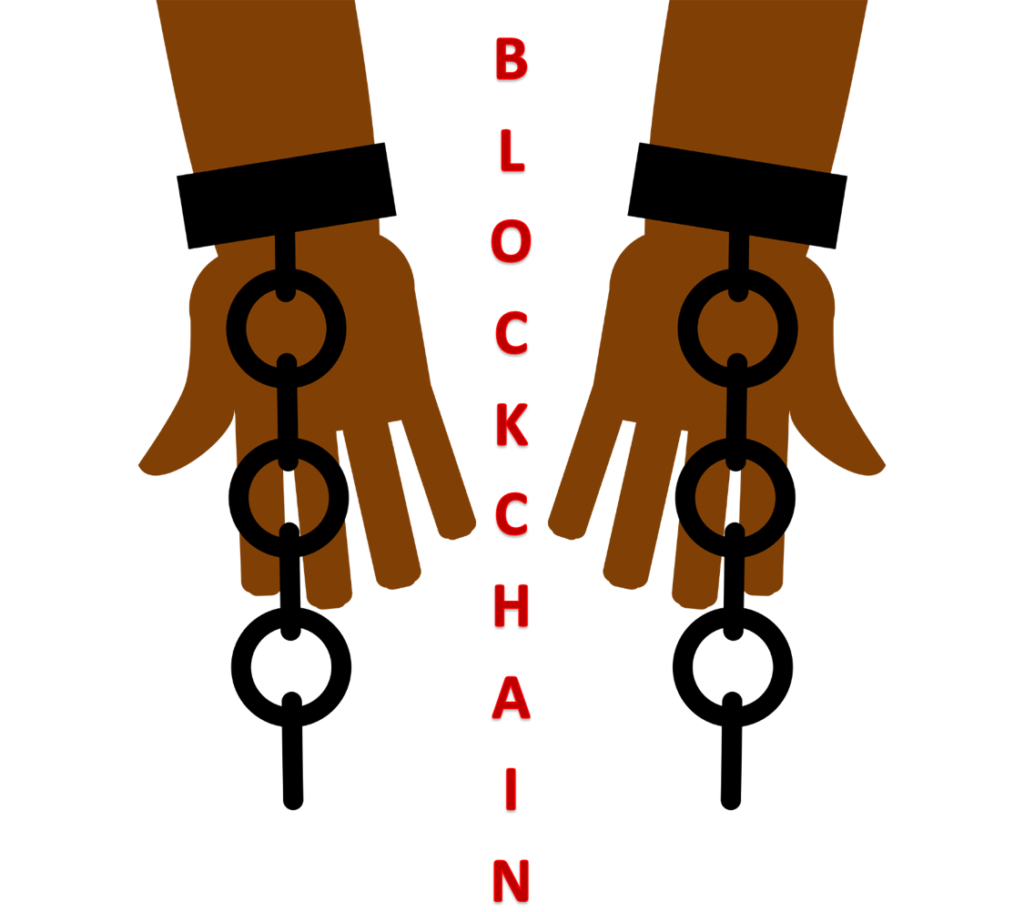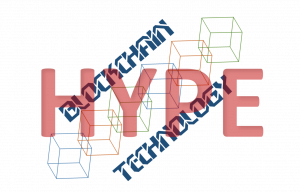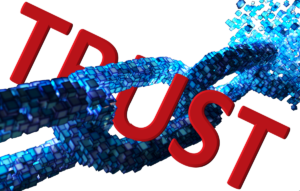In decades past, companies could claim ignorance about much of what went on throughout their supply chains; especially, activities involving second- and third-tier suppliers. The Information Age eliminated ignorance as an excuse for most companies. Business executives and the companies they run now risk significant harm to their reputations when poor working conditions, dangerous situations, or other potential scandals are discovered in their supply chains. One of the touted benefits of blockchain technology is that it will provide a clear provenance of where materials come from and how they have been handled along the way. Pieter Vandevelde, Chief Revenue Officer of TBSx3, explains, “Blockchain’s immutable and transparent attributes are championing ethical business practices by empowering consumers with an understanding of provenance, reducing exploitation of workers and protecting local environments.”[1] Surveys reveal the latest consumer generations (aka Millenials and Gen Zers) are much more socially conscious than previous generations of consumers. If this generalization proves true over the long-run, blockchain should be an increasingly valuable tool in any company’s business kit. Vandevelde notes, “It is truly a tool for change, bolstering an era of the ‘conscious consumer’.”
The necessary groundwork for achieving blockchain’s potential
Too many articles about how blockchain will rid supply chains of things like slave labor fail to detail the groundwork necessary to make supply chains ethical. Blockchain only becomes valuable when it can confirm resources come from places where ethical practices and conditions are in place. Blockchain, by itself, cannot create such conditions or foster such practices. It takes deliberate, boots-on-the-ground work to ensure supplier activities live up to the ethical standards required by most companies. Supply chain visibility is insufficient to guarantee ethical practices. Journalists at Supply Chain Link (SCL) note, “Visibility is a real-time glimpse into activities at various points of the supply chain. … Visibility tends to refer to insight based on activities or certain locations that the product is at throughout a supply chain. Origin activities can be unclear due to cultural and technological differences between countries.”[2] They add, “The more visibility shippers have regarding their products at each stage, the more control they have over their overall business, what they communicate to their customers, and how they are perceived as a brand.” Transparency is also required. Sometimes people use visibility and transparency interchangeably; but, the terms mean different things. The SCL journalists explain, “Visibility can be achieved at certain nodes, but achieving transparency can refer to having deep insights at all points in a supply chain.” By deep insights, they mean you know what’s actually occurring on the ground including working conditions and operational ethics. Only when a company has obtained the proper level of transparency can blockchain technology become a meaningful guarantor of ethical behavior.
Beyond transparency
In addition to assuring customers a supply chain is operating ethically, blockchain technology has the potential of creating other significant benefits. Pavan Nanjundaiah, a Senior Manager at Tredence, explains, “Although enterprises strive to streamline and optimize their supply chain processes, most of them are faced with certain challenges.” They include:
- Lack of visibility into the current location of shipped goods and authenticity of products when dealing with global vendors.
- Loss of inventory in the food industry due to perishable items. Hence, the ability to trace each product to its source (product lineage) is critical for companies.
- Difficulties of managing paper work and different logistical touchpoints in a multi-party transaction between jurisdictional authorities and vendors. This can be a big roadblock for efficient supply chain management.
Nanjundaiah concludes, “One solution that holds good across the above challenges: Blockchain Technology.” Use cases can help make this point.
For example, Christopher Tang reports blockchain solutions are being developed for ocean cargo to help make operations more efficient.[3] A typical maritime cargo shipment, he notes, “can involve over 30 companies (exporters, freight forwarders, shippers, ocean carriers, banks, insurance companies, security inspection companies, customs authorities, importers, port operators, ground transportation logistics companies) and few hundreds of interactions and communications to facilitate notification, verification, approvals, and financial transactions.” Using a private blockchain solution, companies can “manage and track the paper trail of tens of millions of shipping containers globally by digitizing the supply chain process from end to end with enhanced transparency and security (in terms of information sharing among trading partners). Also, the private blockchain solution is designed to help reduce fraud and errors, reduce the time products spend in the transit and shipping process, improve inventory management and ultimately reduce waste and cost. Besides the potential of saving billions of dollars, the private blockchain solution can improve workflow and better visibility and security. Specifically, the private blockchain enables each user in the supply chain to track the progress of goods through the supply chain, locate a container is in transit, observe the status of customs documents, view bills of lading and other data in real time.” The possibility of achieving millions of dollars in savings should alone be enough to encourage companies to investigate the technology.
Summary
Nanjundaiah insists, “There is immense potential in Blockchain technology and according to industry experts, 2018 will be a milestone year that we will see the adoption of the first set of blockchain solutions in enterprise applications.” Transparency will be one of the drivers of blockchain adoption. Vandevelde concludes, “Transparency in our supply chains is no longer a choice but a corporate responsibility as the demand for fair trade, ethically sourced and sustainable materials continues to grow. Blockchain technology can help companies fulfill their duty to their consumers and workers worldwide, while also radically innovating their business models and protecting brand integrity.” The important thing to remember, however, is that blockchain technology can only verify the provenance of things — legwork on the ground is still required to ensure ethical conditions exist.
Footnotes
[1] Pieter Vandevelde, “How to make supply chains ethical and sustainable with blockchain,” Supply Chain Dive, 5 June 2018.
[2] Staff, “The Difference Between Visibility and Transparency within Your Supply Chain,” Supply Chain Link, 13 March 2018.
[3] Pavan Nanjundaiah, “Blockchain: Transforming the Supply Chain and Logistics Industries,” Supply Chain Digest, 17 May 2018.
[4] Christopher Tang, “Blockchain can make global supply chains more efficient and secure,” The UCLA Anderson Global Supply Chain Blog, 16 April 2018.





